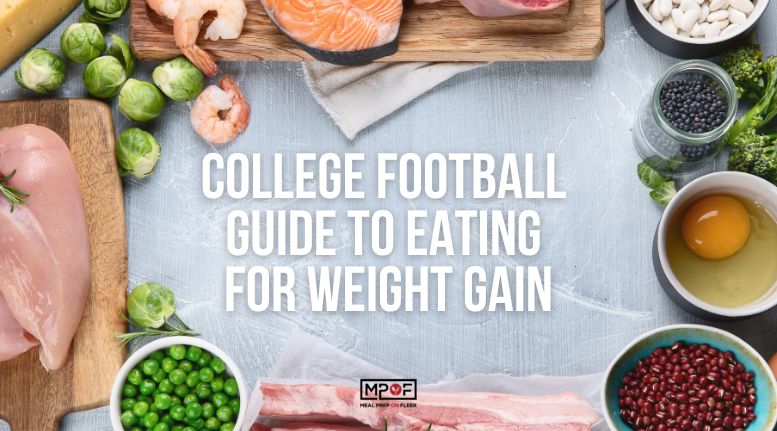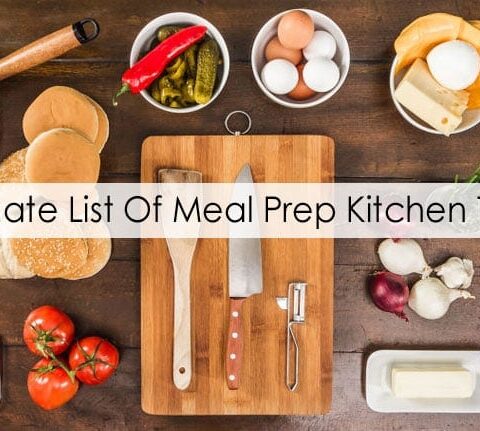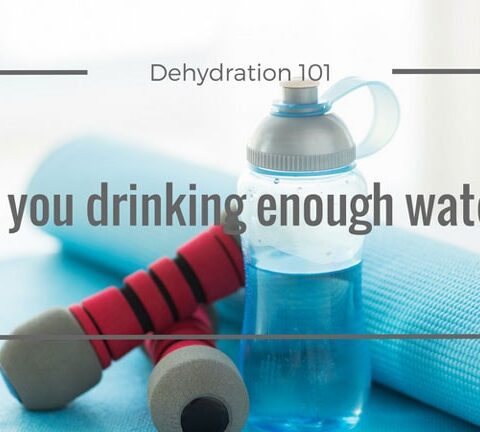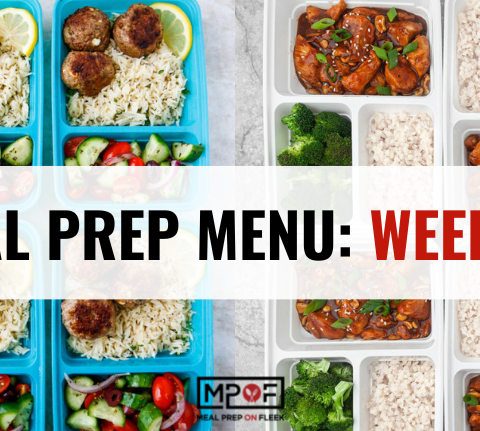College athletes must be able to handle pressure to perform. Whether this is in the classroom, on the field, or in training, being able to balance all of life’s stressors is key to success. One area many people don’t consider is the nutrition goals given to many high-level athletes.
Similar to the general public, there are three nutrition plans the coaches will put you on - weight gain, weight maintenance, or weight loss. During my time playing football at NC State, I would say most guys are either in the gain weight or maintain weight category, myself included. However, certain guys, especially offensive and defensive linemen were in the weight loss category.
One quick note. There are a ton of nuances to weight management. Some general principles like eating whole foods, eating plenty of protein, and getting plenty of sleep will help you no matter what category you fall into. Just be sure to take any weight goals slow. Altering your weight too quickly is not only bad for performance, but it is also bad for your health.
So How Do You Know Which Plan You Should Be On?
If you are currently playing college football, I’m sure your coaches have told you - probably countless times. If you are a high school athlete consider a few things:
- Talk to your head coach
Make sure your coach understands your goals of playing college football and that you are ready to work for them. Ask them what they think your ideal weight is. Ask your coach if they have talked to any college coaches about you and what kind of feedback he is getting on your size.
- Do some research
Look up some college football rosters online and see how much guys at your height and position weigh. This is just a guide, there are a ton of factors here to consider, but at least you will have a ballpark range.
- Trial and error
One of the trickiest things about figuring out your ideal weight is balancing size and speed. If you are too heavy, you may become too slow for your position. Consider a tight end. If a tight end gets too heavy his routes will suffer; however, if he is too light he won’t be able to block defensive ends and linebackers. You want to find the happy medium.
How Do College Programs Handle Weight Management?
This depends on what their goals are for you.
Let’s look at the weight gain player first. This player will be instructed to gain weight slowly unless significantly undersized. You ideally don’t want to gain weight fast, especially as a high school athlete - college coaches will be sure to tell you their goals for your weight when you arrive on campus. As a general rule, the faster you gain weight the more fat and less muscle you are gaining.
An example of this that I saw while in college was that certain players would get extra peanut butter in their post-workout shakes. They would be given snack bags after practice to eat during class and would have extra weigh-ins to make sure they were progressing as they should.
For the athlete in weight maintenance, this is pretty simple. Continue to train hard and eat what you normally eat. Your focus should be on improving body composition - meaning losing fat and gaining muscle. Be sure to keep your protein high, around 1g/lb of body weight. This principle really goes for all athletes.
If you need to lose weight, this can be a little bit tricky. When losing weight, you have to be aware of how it affects your recovery from competition and training. Because you are getting fewer nutrients and calories, you likely won’t recover as well. This is normal and okay, but for this reason, you don’t want to lose weight during your season. The off-season is the best time to address this.
One example of college football players on a weight loss plan included extra cardio with the strength and conditioning staff. These athletes are also advised to be more selective in their eating, whereas the weight-gain guys don’t have to be as cautious.
Wrap Up
Hopefully, this gives you an overview of where your goals should be for nutrition and your weight. If you have access to a sports nutritionist, that can be an excellent resource.
Be sure to check out our Macro Calculator for help determining your macros and caloric needs to achieve your goals. We give specific numbers to hit so you can be sure you are on the right path. Performing well on the field takes effort in all areas of your life, so be sure to avoid neglecting your nutrition. Please leave a comment below if you have any questions. We’d love to help!







